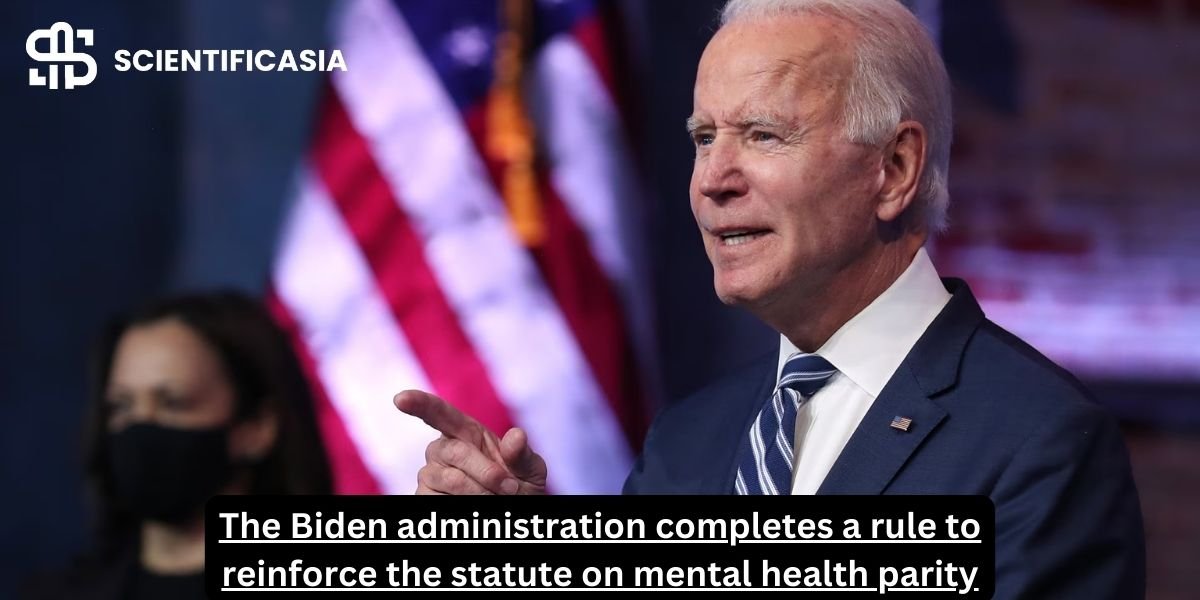NEW YORK, Sept. 9 (Scientific Asia): A final rule to help guarantee that the 175 million Americans with private health insurance have access to reasonably priced mental health services was announced by the Biden Administration on Monday.
The 2008 Mental Health Parity and Addiction Equity Act mandates that insurers and corporate-sponsored health plans offer mental health care services with comparable access and payment terms to those for other medical services.
In reality, however, this is frequently not the case; studies cited by the administration show that in 2020, less than half of American adults suffering from mental illness will be able to obtain care, while nearly 70% of children will not be able to receive treatment.
This is partially because insurance plans don’t always cover mental health providers adequately, which forces patients to pay hefty out-of-pocket expenses or stop receiving care.
To close the gaps, the final rule—which was proposed last summer—mandates health insurers to assess which mental health providers’ services are covered by their plans, how much those providers are paid, and how frequently they demand or reject prior authorizations for coverage.
According to a senior administration official, such rules may force health plans to include mental health physicians in their networks when necessary. In 2026, the majority of the new regulations will go into force.
White House Domestic Policy Advisor Neera Tanden stated in a briefing that those participating in private health plans paid an average of $1,500 a year in out-of-pocket payments for mental health care—twice as much as those without mental health disorders.
She noted that this is frequently the result of their desire for coverage from non-network suppliers.
“Finding a provider to treat your eating disorder shouldn’t be more difficult than finding a provider to treat your ulcer,” stated Lisa Gomez, Assistant Secretary of the U.S. Department of Labor.
The 1974 Employee Retirement Income Security Act, or ERISA, governs corporate-sponsored health insurance under the jurisdiction of the Department of Labor.
In comments submitted to the Department of Labor in October, the ERISA Industry Committee—a trade council that represents American employers that sponsor large health plans—argued that the rule would increase enrollee healthcare costs and place an additional financial burden on employer-sponsored health plans.
With the ScientificAsia Daily Briefing newsletter, you can start your day with all the news you need.















